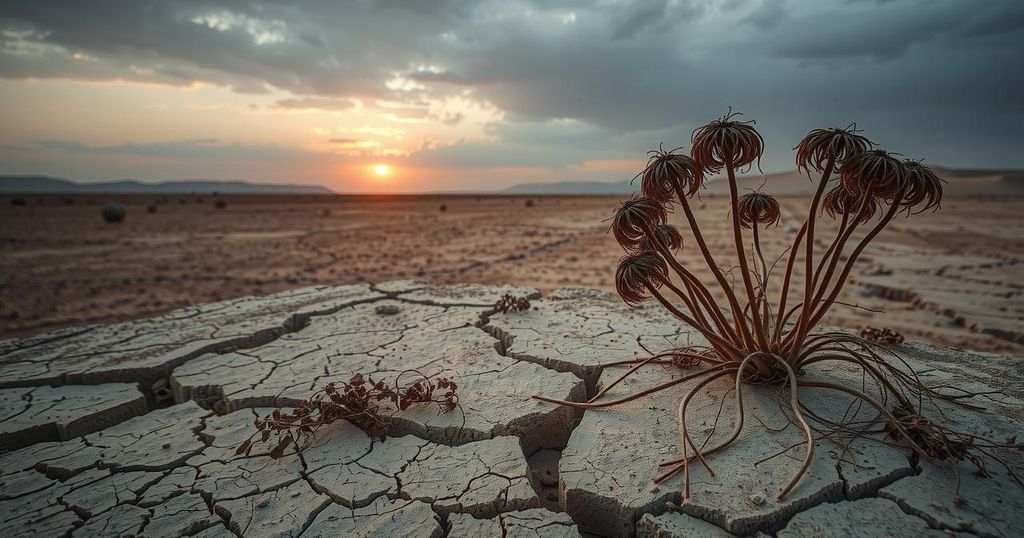Qatar’s Prime Minister warned that a military strike on Iran’s nuclear plants could lead to severe water scarcity in the Gulf region. He noted the risks of contamination and expressed opposition to military action in favor of diplomatic resolutions. Iran is open to negotiations, signaling hope for regional stability.
In a recent interview, Qatar’s Prime Minister Sheikh Mohammed bin Abdulrahman bin Jassim Al-Thani expressed grave concerns regarding military action against Iran’s nuclear plants along the Gulf coast. He indicated that such an attack could result in water scarcity across the region, emphasizing that Qatar’s simulations showed the sea would be “entirely contaminated” and that the nation could “run out of water in three days.” Although Qatar has increased its water capacity through reservoir construction, Sheikh Mohammed highlighted the ongoing risks posed to all regional countries.
The Prime Minister underscored that without water, life would be severely impacted, stating, “No water, no fish, nothing… no life”. He made these remarks on the same day President Donald Trump discussed inviting Iran to nuclear negotiations, despite also alluding to the possibility of U.S. military action. While the U.S. seeks a wider diplomatic resolution, Qatar focuses on a peaceful approach and opposes military interventions.
Given its proximity to Iran, which lies 190 kilometers south, Qatar relies heavily on desalinated water, a common necessity among Gulf nations due to the arid environment. Despite the presence of Iran’s Bushehr nuclear power plant on the coast, the critical uranium enrichment sites are located further inland. Sheikh Mohammed articulated Qatar’s multifaceted concerns regarding military actions, asserting the need for diplomatic resolutions in relationships with Iran, which he stated is willing to engage positively.
He emphasized Tehran’s commitment to improving relations in the region, viewing this readiness as a hopeful development. Given the historical context, Western nations have long accused Iran of nuclear ambitions, a claim that Iran refutes. The 2015 nuclear agreement aimed to limit Iran’s program in exchange for sanctions relief, yet the U.S. withdrawal in 2018 has complicated the situation.
In summary, Sheikh Mohammed of Qatar warns that an attack on Iran’s nuclear facilities poses a significant threat to water security in the Gulf region. He emphasizes the necessity for diplomacy over military action and highlights Iran’s willingness to engage in discussions. The potential ramifications of military aggression could jeopardize the lifeblood of nations in the area, making it imperative for all parties to seek peaceful solutions.
Original Source: www.iosconews.com




